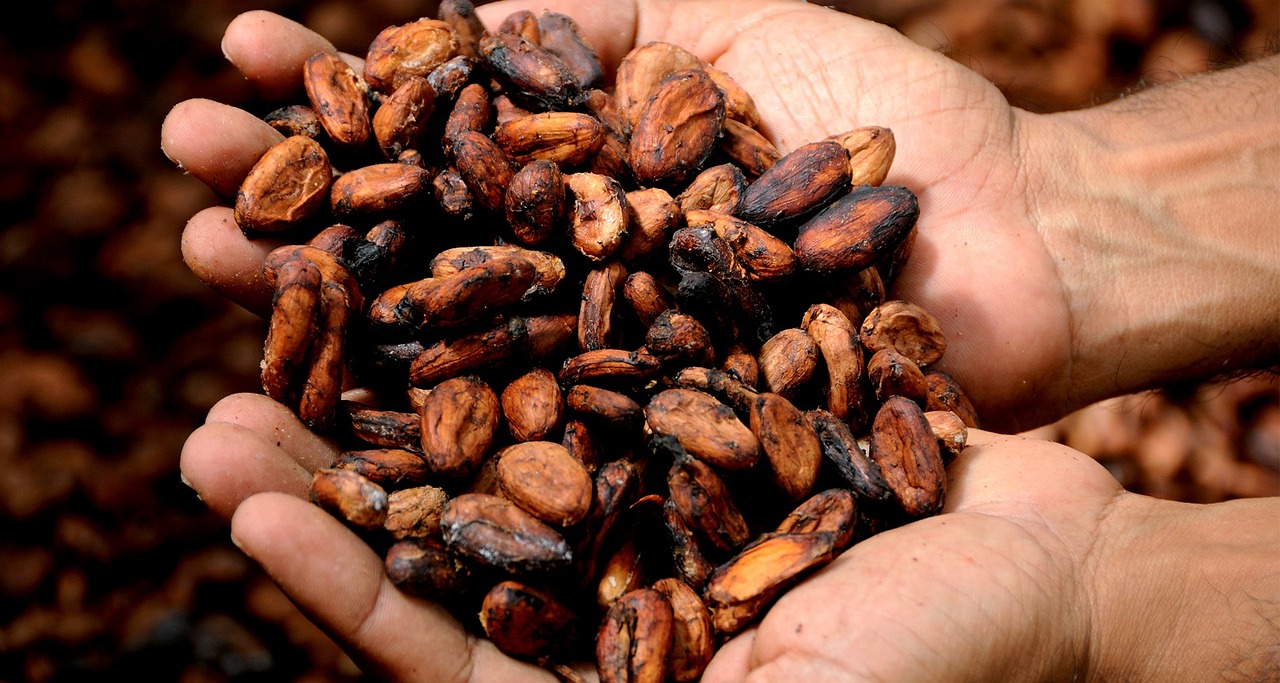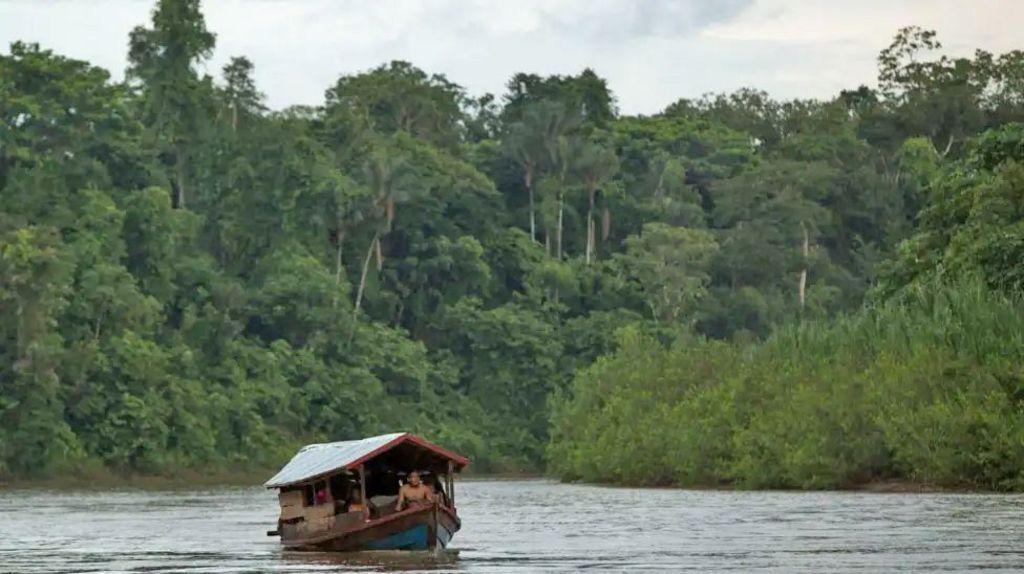« The chocolate crisis » exacerbated due to climate change, warning researchers – climate change

Cocoa is one of the six foods of the most sensitive to environmental threats in the currently « extremely worrying situation » for food.
The climatic crisis and a smaller number of wild animals deepen the « chocolate crisis » in the EU, according to the report of experts, whereby cocoa is one of the six key products that come mainly from countries sensitive to environmental threats.
More than two-thirds of cocoa, coffee, soybeans, wheat and corn, which have been imported in the EU during 2023. years received from countries that are not well prepared for climate change, the conclusion of British experts in the consulting house « Foresight transinsions », transmits RTS.
For three foods – cocoa, wheat and corn – two-thirds of imports come from countries for whose biodiversity is considered « not intact », an analysis showed.
Researchers state that damage in food production is caused by a climate crisis deteriorated by biodiversity decay due to which plants on plantations are less resistant.
« These are not only abstract threats. Things already take place so that the negative impact on business and jobs, as well as the availability and price of consumer food, and will be warned by the leader of the Hislop camel’s leader.
The researchers studied Eurostat data on the traffic based on two rankings in the field of environmental safety to assess the level of exposure for three basic foods and three critical inputs in the EU’s nutritional system.
They used the ranking of so-called climate readiness in the global notr, which combines the sensitivity of the country to the country’s financial and institutional support based on the Museum of Natural History of the United Kingdom, which compares the current scope of wild species with levels from the pre-industrial society.
They found that most of the imports of the mentioned foods came from countries ranked « low-medium » on the climate scale and « low-medium » or « medium » on the biodiversity scale.
Chocolate industry should find a way to help cocoa manufacturers
Some food products were particularly endangered. For example, the EU imported 90 percent of its corn from low and medium climate readiness and 67 percent from medium or low biodiversity countries, according to the report.
When it comes to cocoa, a key ingredient in the chocolate industry that Europe does not grow alone, exposure to imports was 96.5 percent on climate readiness and 77 percent on the biodiversity scale, stated in the report.
The industry is already struggling with an increase in sugar prices, partly caused by extreme weather and a lack of cocoa. Most of the cocoa used by Europe comes from West African countries facing overlapping climatic risks and risks to biodiversity.
The report, which ordered the European Foundation for Climate, indicates that large chocolate producers should invest in adapting to climate change and protection of biodiversity in countries growing cocoa.
« This is not an act of altruism or sustainable funding, already a chain of supply chains. Enabling the manufacturers in their supply chains will provide a fair price for their products to invest in resilience of their own plantations, » authors wrote.
Paul Berens, researcher specializing in environmental issues at the University of Oxford, who was not involved in the research, assessed that they were painted « an extremely worrying image » on how much climate change food is.
« Policy creators like to think about the EU as a place where the food is safe because this report shows is that it is sensitive to the risks of food, » Berens pointed out.
The report has discovered that coffee, rice and soy fall into less risk at all, but the hotspots are observed. Uganda, from which there was 10 percent of coffee in the EU during 2023, had low preparedness for climate change and a low-average level of intact biodiversity, stated in the report.
Joseph nkanda, founder of the National Union of Agribusiness and Farm Enterprises in Uganda, called for greater access to international financing in terms of climate to help farmers become more resilient in the conditions of deteriorance.
« The weather in Uganda can no longer be predicted. Thermal waves, extended dry periods and non-disappearing rain dry out our bushes of coffee and harm producing, » Nkanda stressed.
Marko Springman, an expert in the sustainability of food from the University of Oxford, who was not involved in the research, said to be needed to be a healthier and more sustainable diet to sustain climate shocks.
« About a third of cereals and basically, all imported soy are used for feeding the resilience of supply chain resilience, all this supports precisely products that are largely responsible for what we are trying to protect ourselves, » Springman said.
Follow us on our Facebook and Instagram page, but also on X account. Subscribe to PDF List release today.








